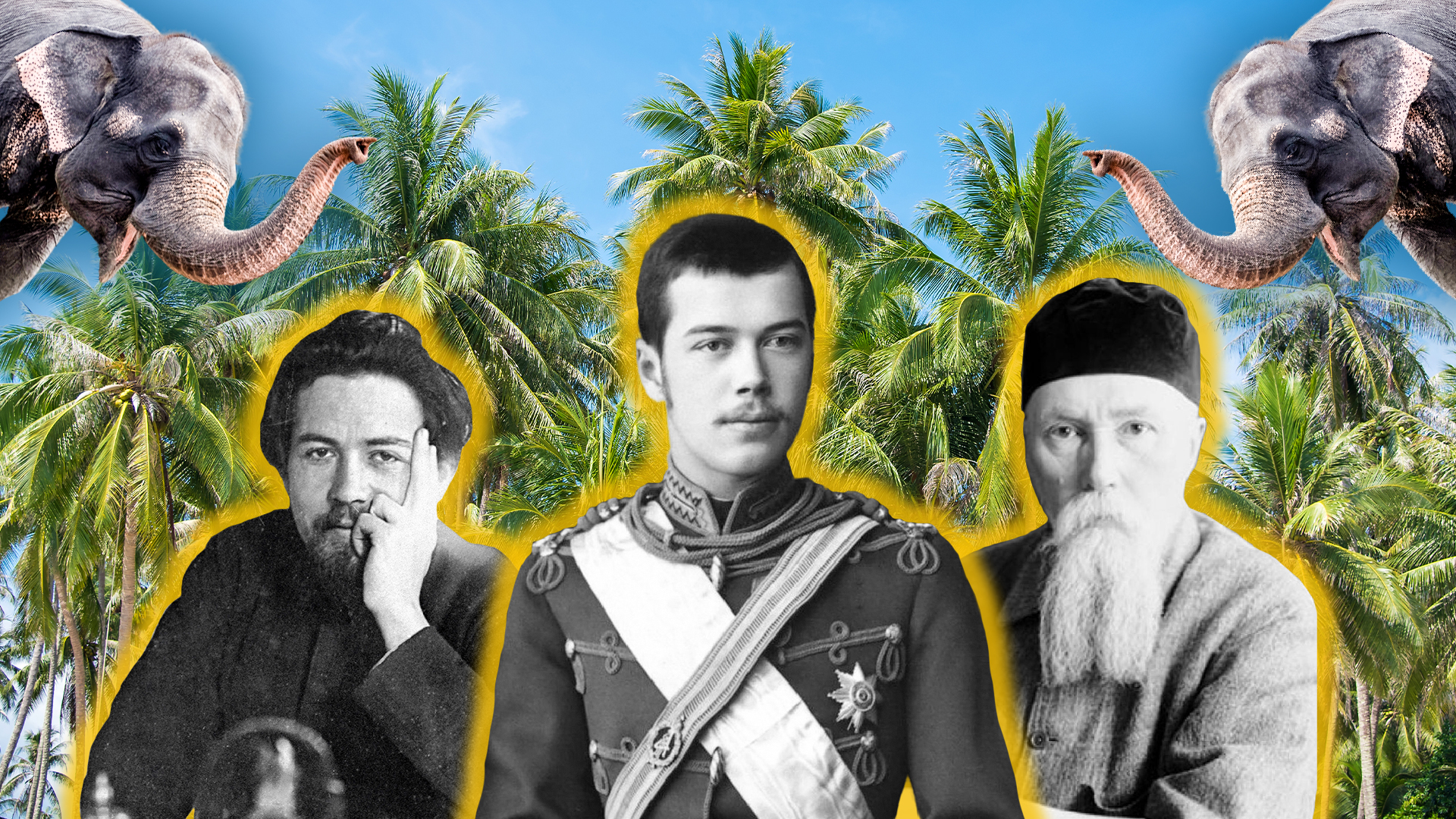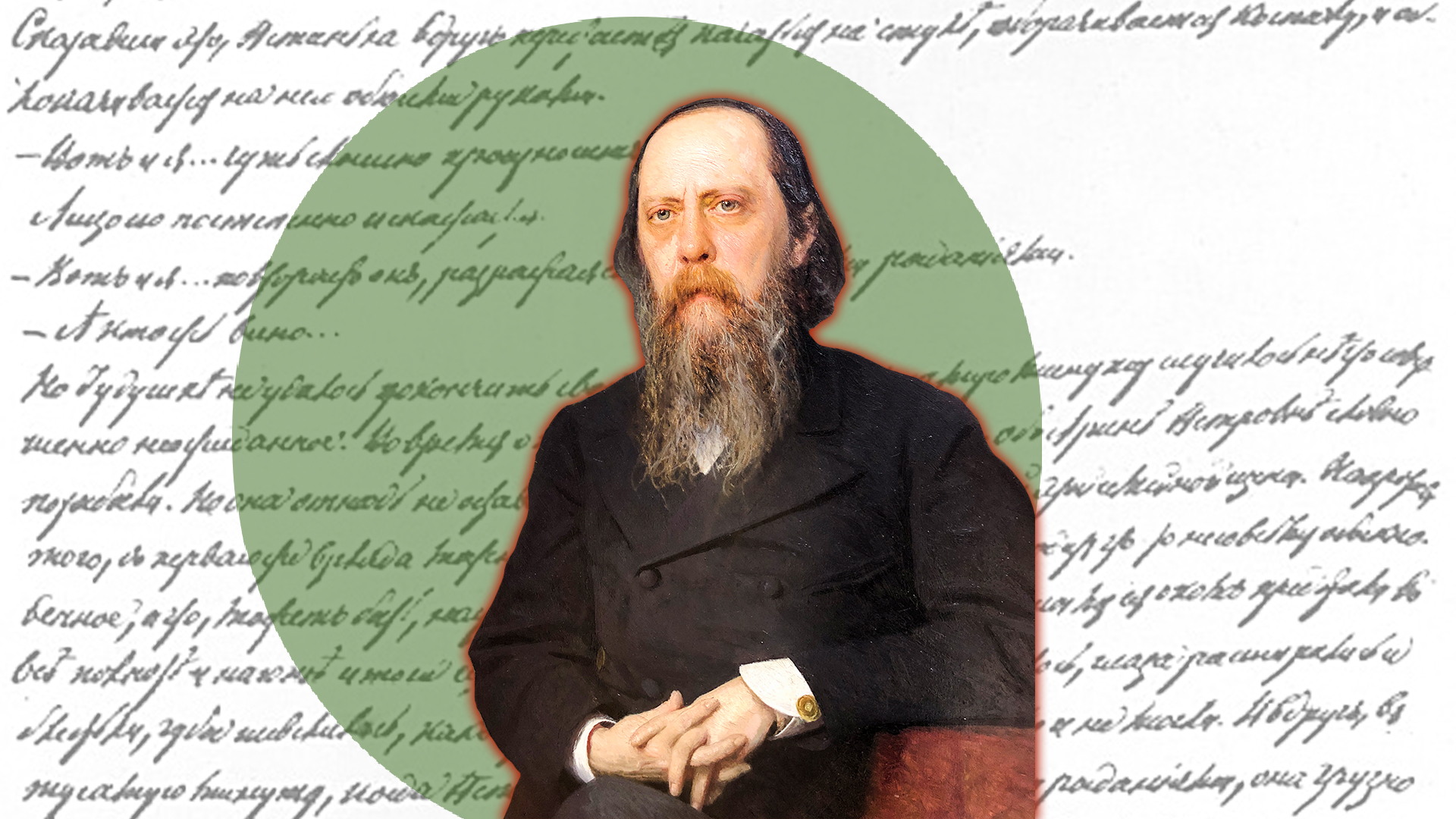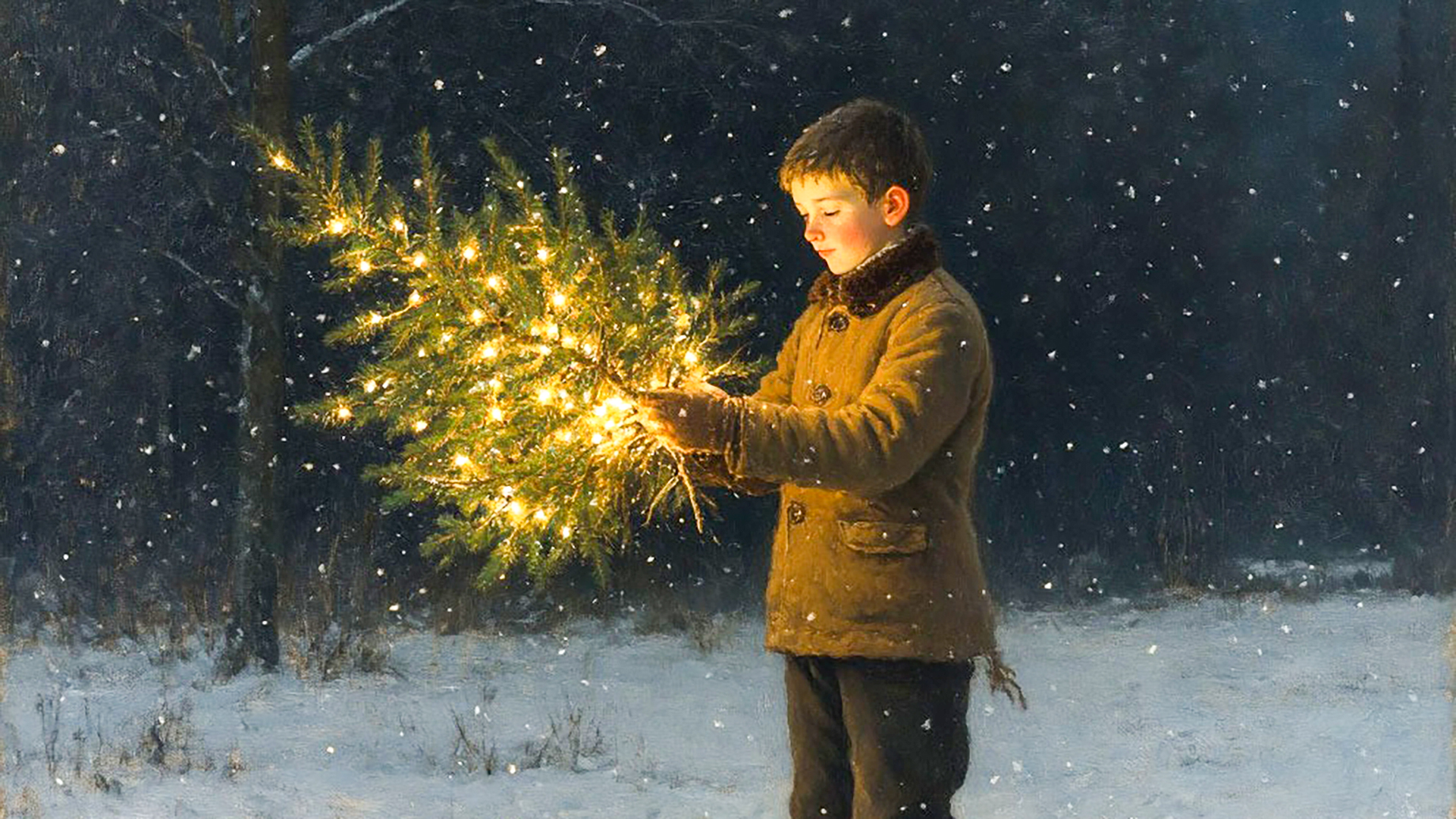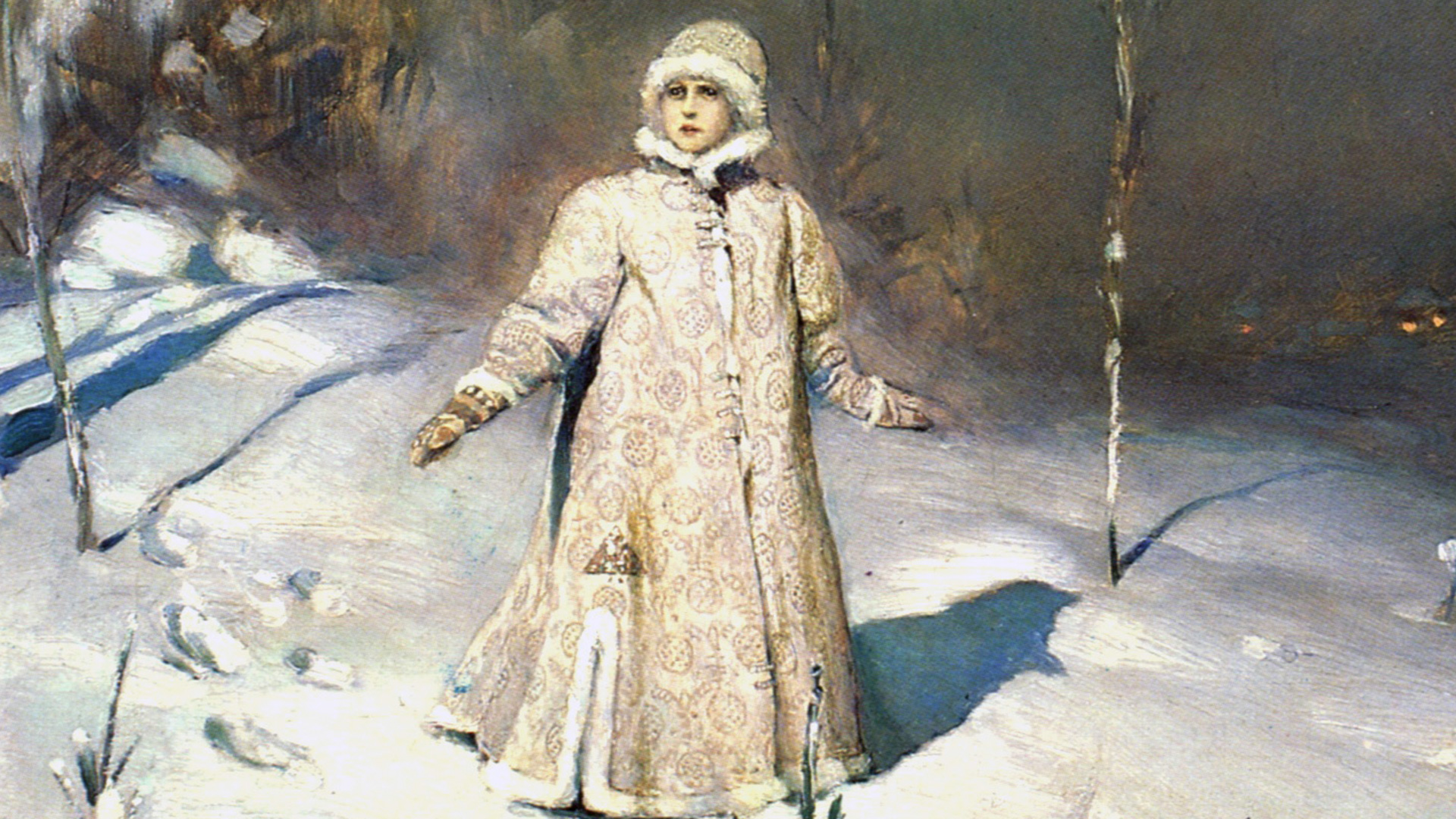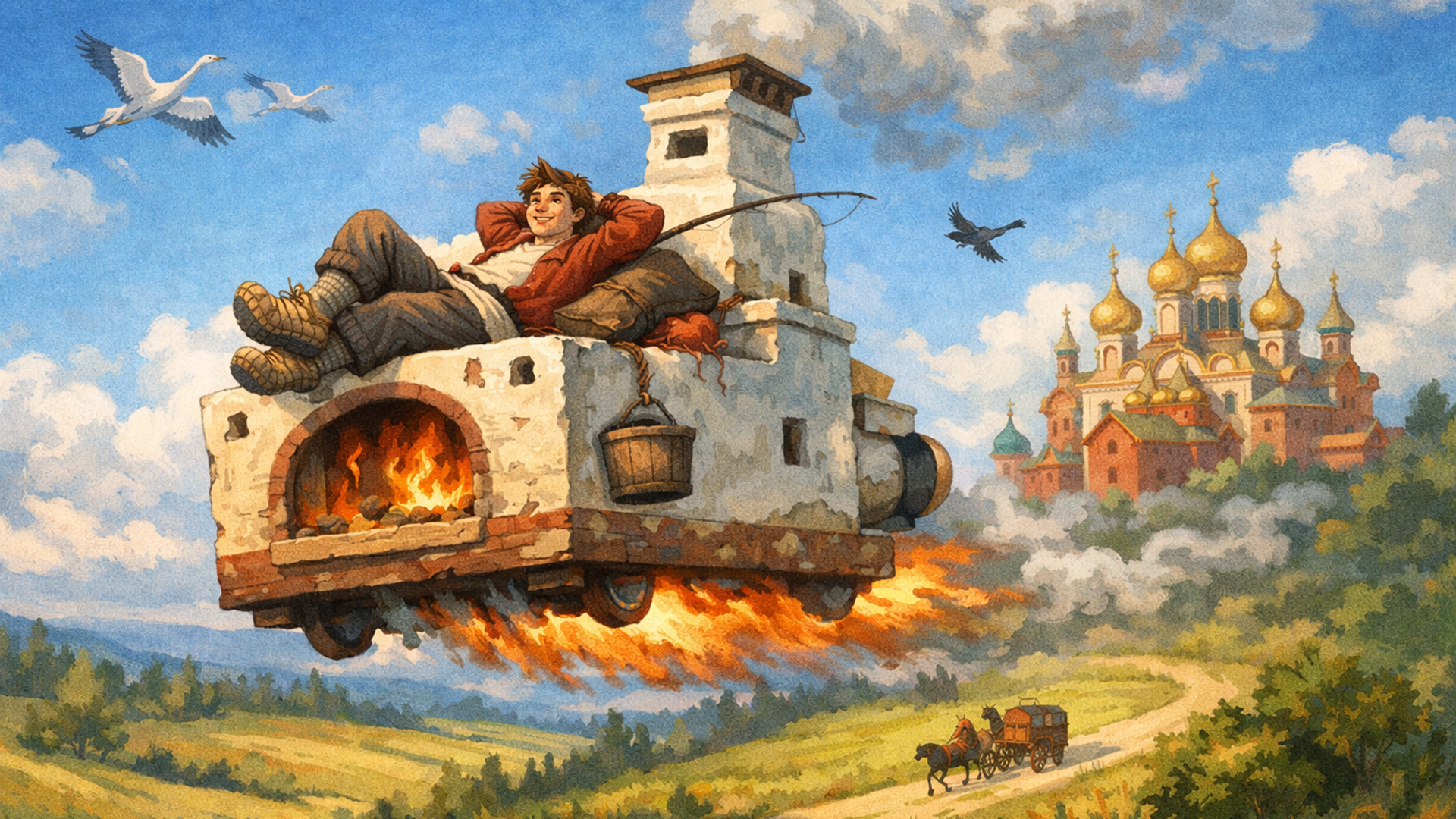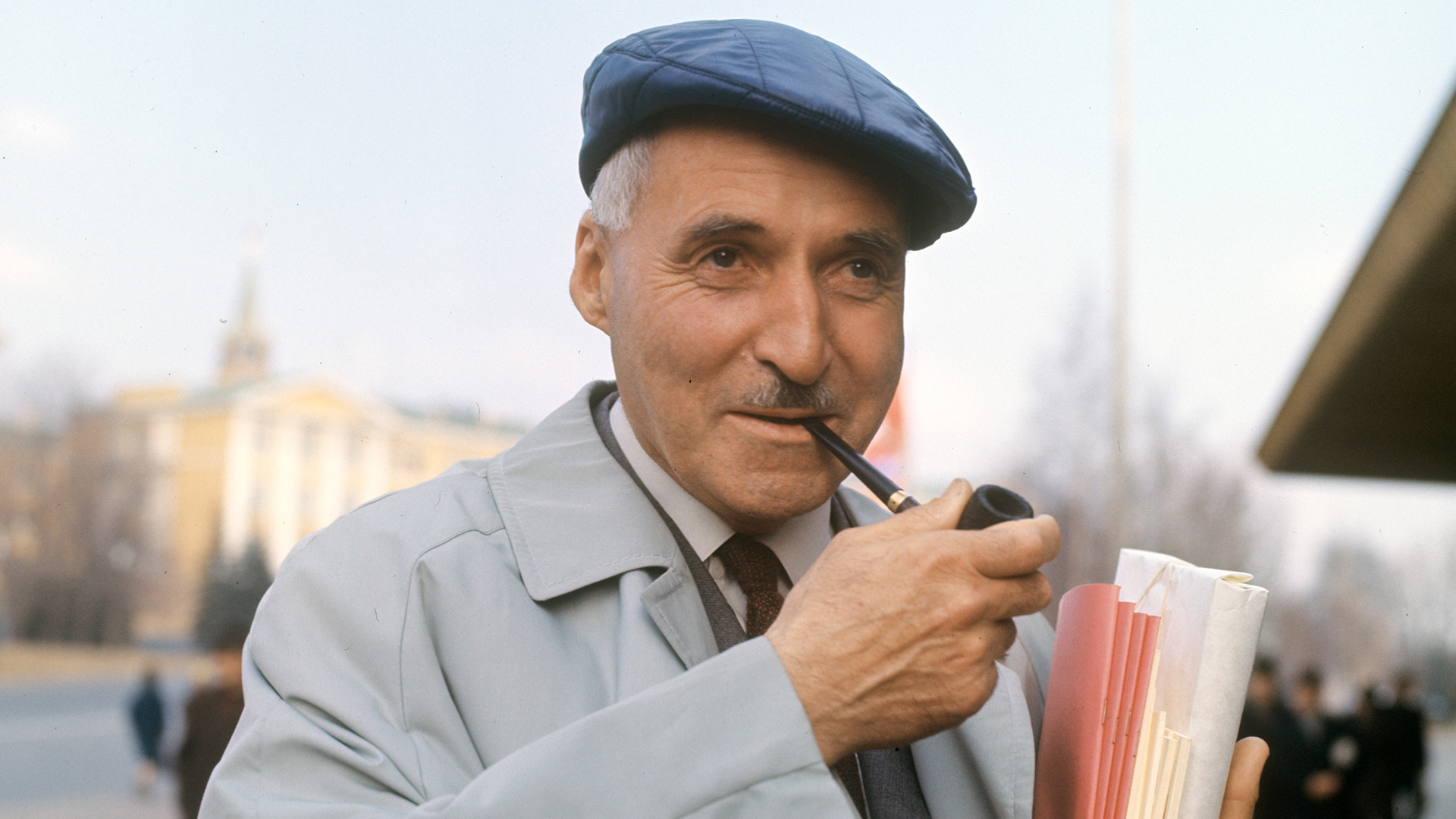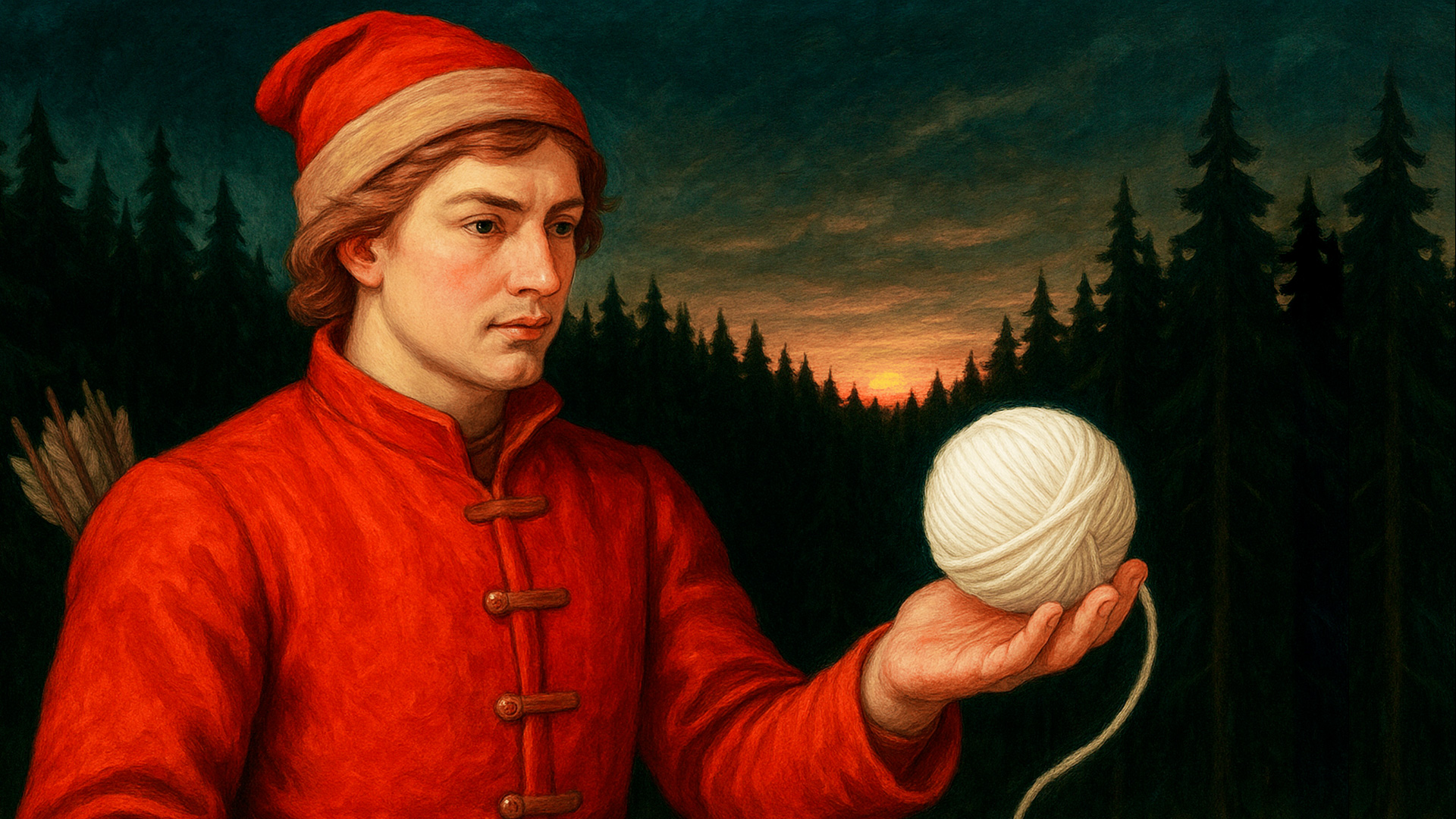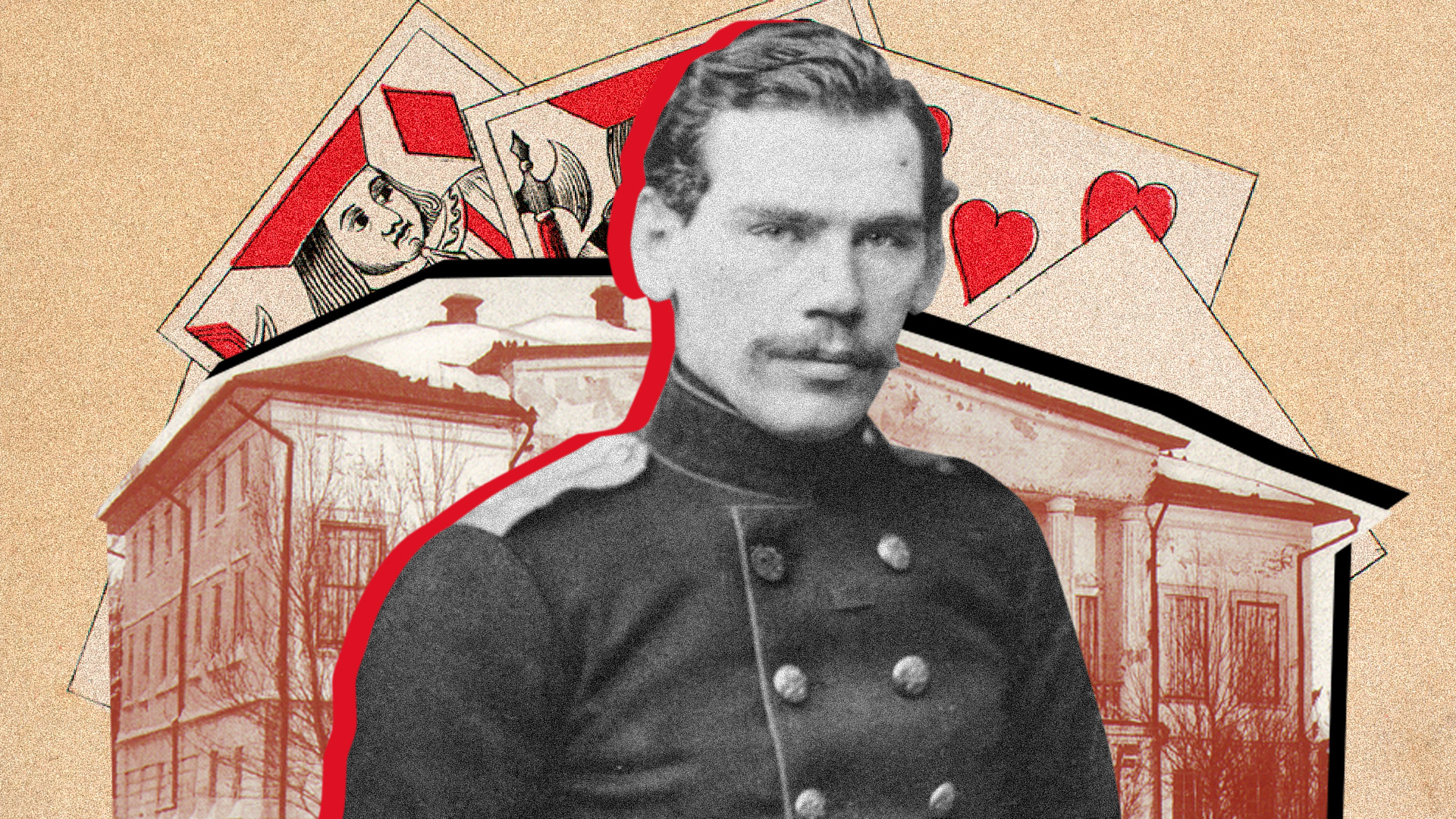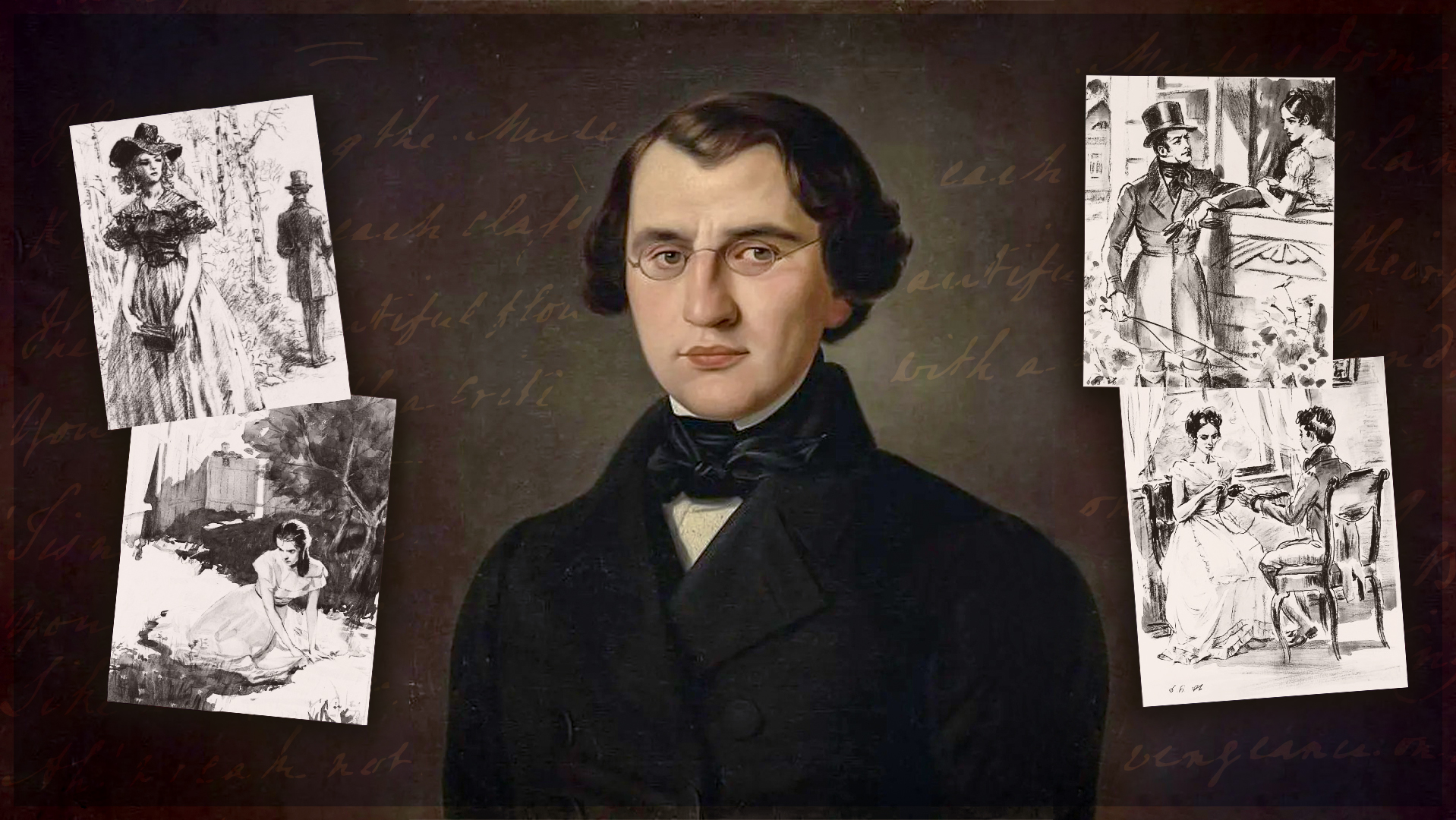
Russian writers who wrote about Russia from abroad

Trips to Europe and Asia brought Russian writers not only a broadening of their horizons, but also the necessary distance to comprehend what was happening in Russia. At the same time, being far from their homeland, they thought about it, yearned for it, reflected on the paths of its development and endlessly described it in their works.

Vasily Zhukovsky
He was not only an outstanding romantic poet, but also a translator of Homer, Goethe, Schiller, Byron and Walter Scott into Russian. Zhukovsky went down in history as a teacher of Russian to the Grand Duchess and, later, Empress Alexandra Feodorovna, tutor to Tsarevich Alexander Nikolaevich, the future Emperor Alexander II, and the author of the words to ‘God Save The Tsar!’, the national anthem of the Russian Empire. He was awarded this honor not least thanks to his excellent education. He knew and loved European culture well and made long trips abroad more than once. In his later years, when the writer was already 58, he married 20-year-old Elizaveta Reitern, the daughter of his friend, German artist Gerhart Reitern. The wedding took place in 1841, the couple settled in Germany and the poet never returned to Russia, although he constantly discussed it in correspondence with members of the imperial family and friends. At first, this was hampered by Elizaveta's health, with which it was difficult for her to endure each subsequent pregnancy and childbirth. Then – the health of the poet himself. However, it was while living abroad that Zhukovsky accomplished his greatest literary feat: He translated Homer's ‘Odyssey’ into Russian. No one has done it better since.

Nikolai Gogol
The author of the prose poem ‘Dead Souls’ and the comedy ‘The Government Inspector’ spent a significant part of his life in Europe, mainly in Italy. In total, he was away from Russia for more than 10 years.
Gogol went abroad in 1836 after ‘The Government Inspector’ was staged at the theater. The public's opinions on the comedy were divided, which upset the author. So, he decided to dispel his melancholy outside of Russia. Having boarded a steamship in Kronstadt, he went to the German city of Lübeck. From there, to Hamburg, Bremen, Dusseldorf and then Baden-Baden, where he stayed for a month. From there, he moved towards Switzerland, where he continued work on ‘Dead Souls’, which he had begun in Russia. He spent the winter in France and, in the spring, he moved to Italy. There, Gogol discovered Rome, to which he would return again and again over the subsequent 10 years. He liked everything there: the nature, the ancient monuments, the measured flow of life. It is noteworthy that it was far from Russia that the textbook St. Petersburg story ‘The Overcoat’ would be finished. And most of the work on ‘Dead Souls’ also took place outside his homeland. The writer would only return home in 1848 via Jerusalem.
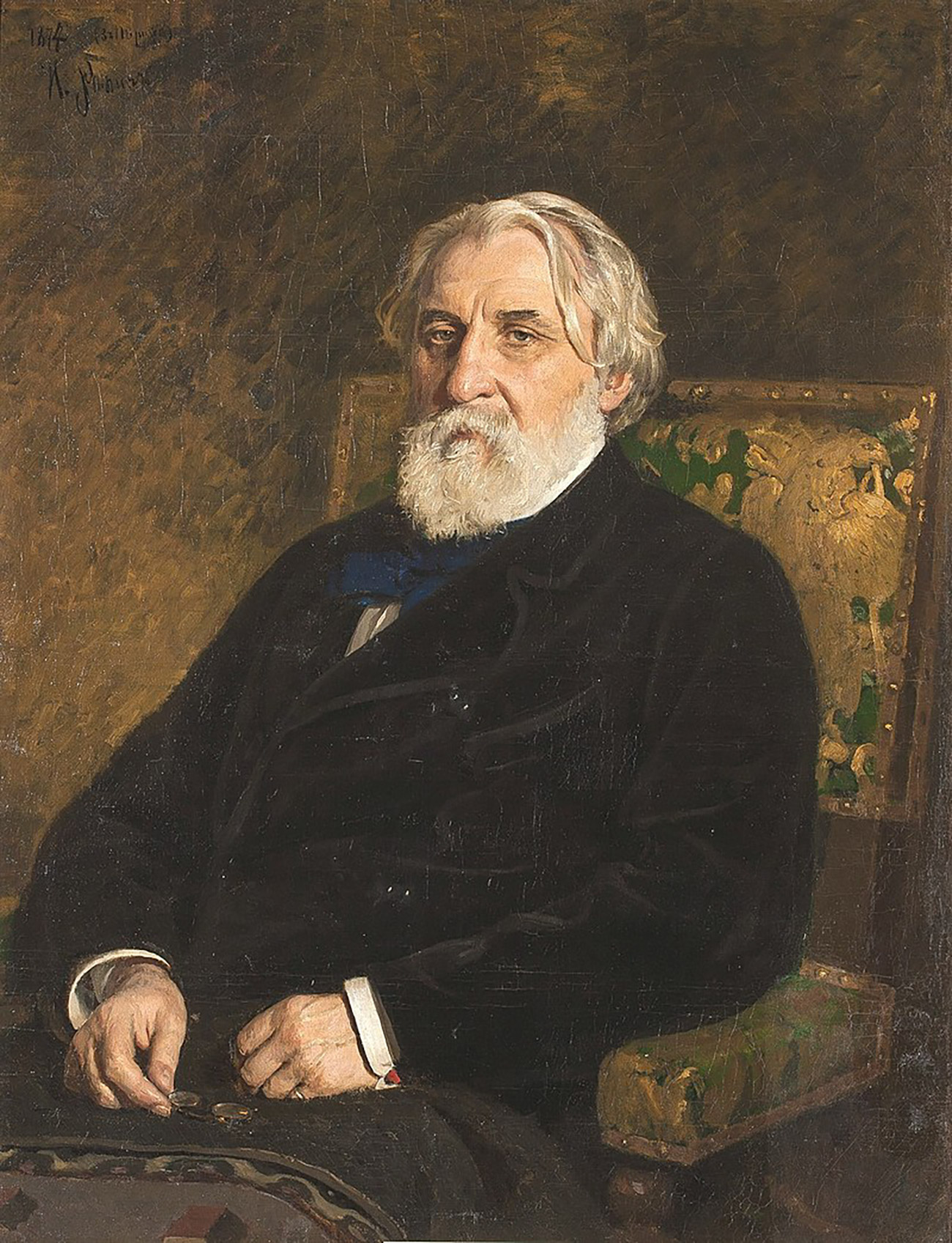
Ivan Turgenev
This Russian novelist lived abroad so much that he became a real conduit between Russian and European cultures. In his youth, he studied at the University of Berlin. In the late 1840s, he witnessed the French February Revolution and, from then on, became an ardent opponent of any political violence. Also, his love for singer Pauline Viardot forced the writer to travel between Russia and Europe, staying in the latter for extended periods.
During his life in Europe, he established contacts with the greatest writers of Germany, France and England. Among his acquaintances and correspondents were: William Thackeray, Charles Dickens, Henry James, George Sand, Victor Hugo, Prosper Mérimée, Théophile Gautier, Edmond Goncourt, Emile Zola, Anatole France, Guy de Maupassant, Alphonse Daudet, Gustave Flaubert and others. It is known that, in the mid-1870s in Paris, Flaubert, Edmond Goncourt, Daudet, Zola and Turgenev held “bachelor dinners” once a month, where they actively discussed literature, linguistic techniques and features, told stories and jokes.
He consulted foreign translators of Russian writers, wrote prefaces and notes to their translations into European languages and also translated Western writers into Russian. He was a well-known and respected figure in Europe. On June 18, 1879, he was even awarded the title of ‘Honorary Doctor of Oxford University’.
At the same time, Turgenev’s thoughts and works were inextricably linked with Russia. This is also evidenced by the fact that most of ‘A Hunter’s Sketches’ and the novel ‘Smoke’ were written by the writer in Germany. In France, he wrote ‘Nov’ and the most lyrical ‘Poems in Prose’.

Fyodor Tyutchev
Tyutchev is considered to be one of the most "Russian" poets of the 19th century. He sang about the beauty of Russian nature in verse and did not hide his closeness to the Slavophiles. In his youth, he left Russia and lived abroad for more than 20 years, first working in the diplomatic service and then being responsible for the formation of a positive image of Russia in the West, which, in modern terms, would be political PR.
After graduating from Moscow University, the then 18-year-old Tyutchev entered the service of the Russian diplomatic mission in Munich. In Bavaria, he communicated with philosopher Friedrich Schelling and poet Heinrich Heine. He married the German Countess Eleonora Peterson. In 1837, he moved to Turin as the senior secretary of the Russian mission. There, he sadly experienced the death of his wife. However, a year later, he married Ernestine Dörnberg. He then returned to Germany, where he published articles in French.
Both at work and at home, his languages were German and French. Russian was the language of his youth and, for about 20 years, his hobby when writing poetry. At the same time, it was a Russian language of such strength and richness that it allowed Tyutchev to become one of the most outstanding Russian poets.

Ivan Bunin
The first Russian Nobel Prize winner in literature was forced to leave Russia in 1920 and never returned. However, a passionate desire to see his homeland accompanied him throughout his life in exile. This is evidenced not only by epistolary documents, but also by works written in exile. Among them, the novel ‘The Life of Arsenyev’ stands out, filled with the author’s memories of childhood and youth, which he gave to his main character. It reflects a longing for pre-revolutionary Russia, its nature, culture and traditions.



